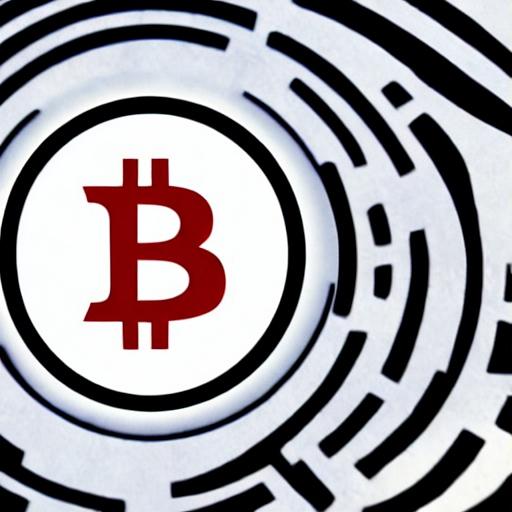Bitcoin has been making waves in the financial world since its creation in 2009. But what exactly is Bitcoin, and how does it work?

In simple terms, Bitcoin is a type of digital currency. Unlike physical currencies such as dollars or euros, Bitcoin exists only in digital form. It is created, stored, and transferred electronically. This means that there are no physical coins or bills to hold or exchange.
But what makes Bitcoin special is that it operates on a decentralized network called the blockchain. The blockchain is a public ledger that records all Bitcoin transactions and is maintained by a network of computers known as miners. These miners secure the network and validate transactions by solving complex mathematical problems.
When someone wants to send Bitcoin to another person, they create a transaction using their Bitcoin wallet. This transaction is then broadcasted to the blockchain network. Miners compete to verify this transaction, and once it is confirmed, it is added to a block along with other transactions. This block is then added to the blockchain, creating an unalterable record of all Bitcoin transactions.
One of the key features of Bitcoin is its limited supply. Unlike traditional currencies that can be printed or minted at will, there will only ever be 21 million Bitcoins in existence. This scarcity is built into the system and is enforced by the process of mining.
Mining is the process by which new Bitcoins are created and added to the system. Miners use powerful computers to solve complex mathematical problems, and when they find a solution, they are rewarded with a certain amount of Bitcoins. This is how new coins are introduced into circulation.
Bitcoin transactions are also pseudo-anonymous, meaning that while the transaction details are publicly recorded on the blockchain, the identities of the parties involved are not. Instead of using real names, Bitcoin transactions are associated with unique addresses. This provides a certain level of privacy and security, but it also means that if someone loses their address or private key, there is no way to recover their funds.
Bitcoin has gained popularity for several reasons. Firstly, it offers a way to make fast and low-cost cross-border transactions. Traditional banking systems can be slow and expensive, especially for international transfers. Bitcoin eliminates the need for intermediaries, making transactions faster and cheaper.
Bitcoin has also been adopted by merchants as a form of payment. More and more businesses are accepting Bitcoin as a payment method, giving users the ability to spend their digital currency on everyday goods and services.
However, it’s important to note that Bitcoin is a highly volatile asset. Its price can fluctuate dramatically, making it a risky investment. It is also susceptible to hacking and fraud, so users must take precautions to secure their wallets and protect their funds.
In summary, Bitcoin is a type of digital currency that operates on a decentralized network called the blockchain. It is created, stored, and transferred electronically, without the need for intermediaries. Bitcoin offers fast and low-cost transactions, but it is also a highly volatile asset that requires caution and security measures.
